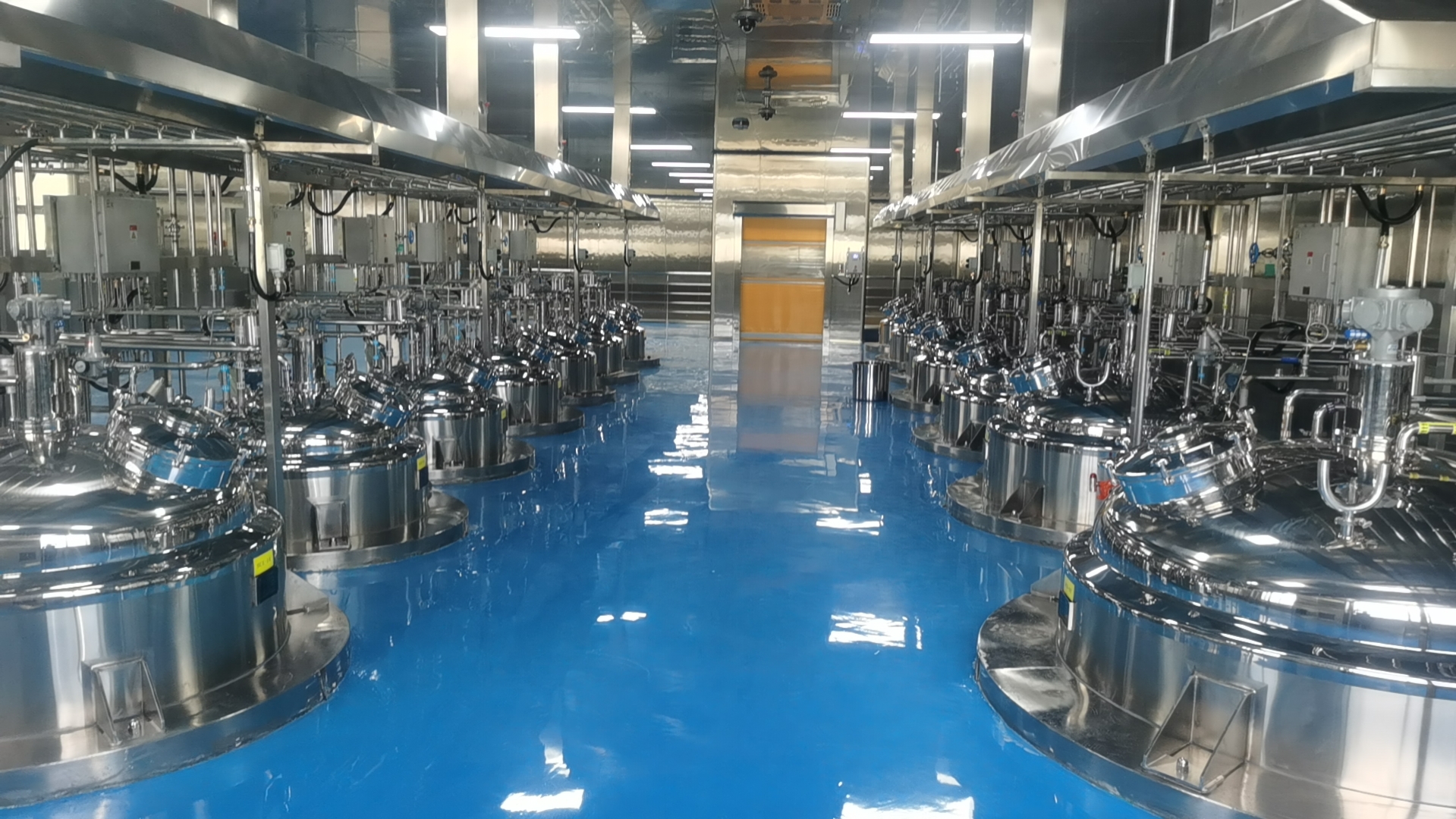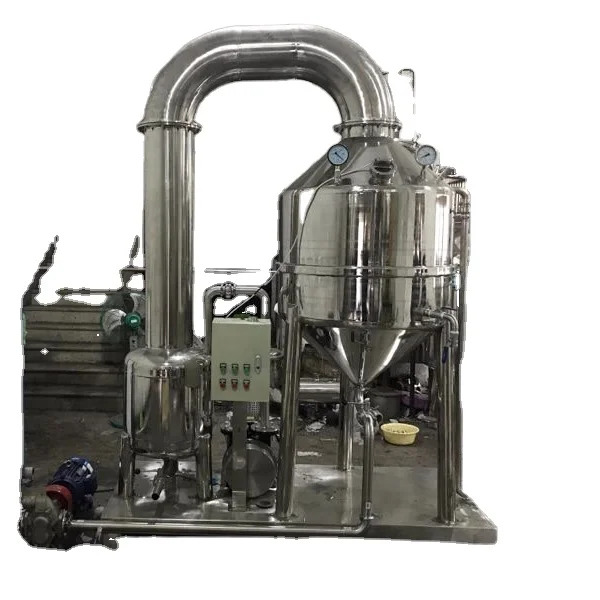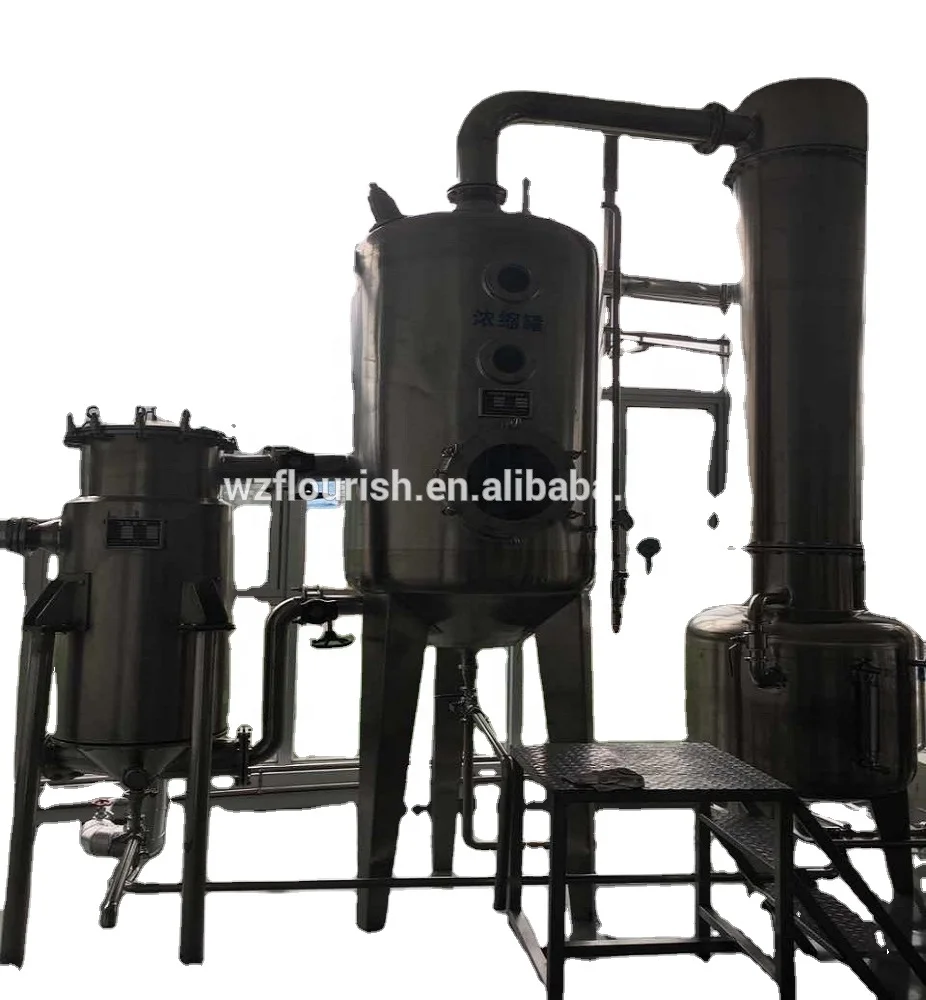
ABOUT
Wenzhou Vince Machinery Science Co., Ltd. was established in early 1980s. Our company covers an area of 6500 square meters and is an independent legal representative firm, possessing rich economic technology strength. Our company is a high tech enterprise and plays an important role in national dairy, foodstuff, pharmacy and machinery industries. We are a beverage machinery supplier.
Since the establishment, our company has mainly engaged in dairy products, foodstuff, beverage machinery, bean products, yellow wine, medicines and fermentation projects. What's more, our company supplies a complete sequence services in manufacturing, installation, test and personnel train, as well as the whole direction service design and consulting service on product project construction or enlargement artistic distribution engineering sets budget.
The Role of Fermentation Tanks in Environmental Sustainability
The world is facing a pressing need for sustainable practices across various industries. The food and beverage industry, in particular, has been under scrutiny for its environmental footprint. Fortunately, technological advancements in fermentation processes are paving the way for a more sustainable future. Fermentation tanks, once considered a cornerstone of traditional food production, are now playing a critical role in environmental sustainability. This article delves into the multifaceted ways fermentation tanks contribute to a greener world.
Reducing Food Waste and Utilizing Byproducts
Fermentation tanks are instrumental in transforming food waste and agricultural byproducts into valuable products. Traditionally, vast amounts of organic waste ended up in landfills, contributing to methane emissions and environmental pollution. However, fermentation tanks can efficiently break down these materials, creating a closed-loop system where waste becomes a resource. For example, food waste can be fermented to produce biogas, which can be used as a renewable energy source, or converted into compost, enriching soil fertility. Similarly, byproducts from fruit and vegetable processing can be fermented to create new products like vinegar, alcohol, or even bioplastics.
Minimizing Water Consumption and Waste Generation
Fermentation processes often require minimal water usage compared to conventional manufacturing methods. This is because the fermentation tanks themselves function as a closed system, reducing water evaporation and waste generation. By optimizing fermentation conditions and utilizing specialized equipment, industries can further minimize water consumption and reduce their overall environmental impact. Furthermore, the water used in the fermentation process can often be recycled and reused, further minimizing the overall water footprint.
Promoting Renewable Energy Sources
The process of fermentation itself can generate renewable energy sources. Anaerobic digestion of organic waste within fermentation tanks produces biogas, which can be captured and utilized as a clean fuel source for heating or electricity generation. This not only reduces reliance on fossil fuels but also contributes to a more sustainable energy mix.
Sustainable Packaging and Storage
Fermentation tanks are often made from durable and reusable materials, minimizing the need for single-use packaging. Furthermore, the fermentation process itself can yield products that naturally preserve well, reducing reliance on artificial preservatives and extending shelf life. This contributes to a circular economy where materials are reused and waste is minimized.
Bioremediation and Environmental Cleanup
Fermentation tanks have even been employed in bioremediation efforts, where they are used to break down harmful pollutants in the environment. Microorganisms within the fermentation tank can effectively degrade contaminants like heavy metals, pesticides, or industrial waste, promoting a cleaner and healthier ecosystem. This technology holds significant potential for addressing environmental pollution and restoring degraded areas.
In conclusion, fermentation tanks are not just tools for food and beverage production but essential components of a more sustainable future. By reducing food waste, minimizing water usage, promoting renewable energy, fostering sustainable packaging, and supporting bioremediation efforts, fermentation tanks play a vital role in mitigating our environmental impact and paving the way for a greener world.
SUBSCRIBE
INQUIRY





